Can you be a CPA with a DUI? This question raises a complex interplay of licensing requirements, ethical considerations, and employment prospects. Join us as we delve into the intricacies of this topic, uncovering the potential impact of a DUI conviction on a CPA’s career path.
While becoming a CPA typically requires meeting general licensing requirements, specific regulations regarding DUI convictions may vary from state to state. Understanding these variations is crucial for aspiring CPAs with a DUI history.
Licensing Requirements: Can You Be A Cpa With A Dui
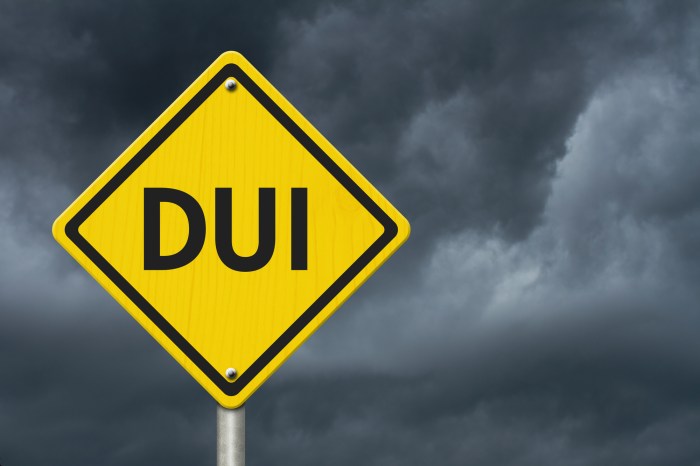
To become a Certified Public Accountant (CPA), individuals must generally meet specific licensing requirements established by the state in which they intend to practice.
If you’re wondering if you can become a CPA with a DUI, the answer is yes. While a DUI conviction can impact your career, it doesn’t necessarily disqualify you from becoming a CPA. However, it’s important to note that state regulations vary, so it’s essential to check with the h2293 008 04 – local ppo in your jurisdiction to determine their specific requirements.
It’s also crucial to be transparent about your DUI conviction during the application process and demonstrate that you’ve taken steps to address the underlying issues.
These requirements typically include passing the Uniform CPA Examination, completing a certain number of college credit hours in accounting and related subjects, and obtaining a certain amount of work experience under the supervision of a licensed CPA.
Impact of DUI Convictions
In most states, a DUI conviction does not automatically disqualify an individual from obtaining a CPA license. However, some states may have specific regulations regarding CPAs with DUI convictions.
For example, in California, applicants with a DUI conviction within the past seven years must disclose the conviction on their CPA license application and may be subject to additional review by the California Board of Accountancy.
Ethical Considerations
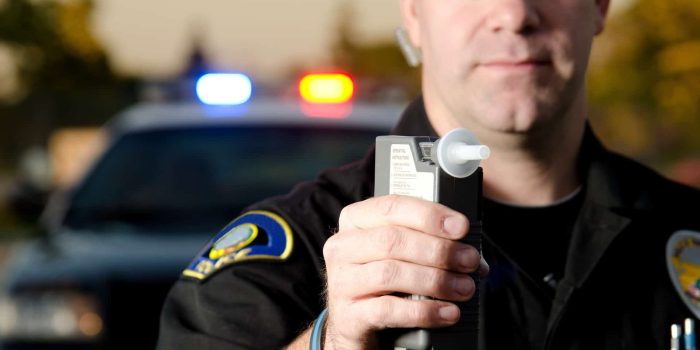
A DUI conviction can have significant ethical implications for a CPA. CPAs are held to high ethical standards and are expected to act with integrity and professionalism. A DUI conviction can call into question a CPA’s judgment and ability to fulfill their professional responsibilities.
Reputation and Credibility, Can you be a cpa with a dui
A DUI conviction can damage a CPA’s reputation and credibility. Clients and employers may lose trust in a CPA who has been convicted of driving under the influence. This can lead to lost business and damage to the CPA’s professional reputation.
Disclosure of DUI Conviction
CPAs are required to disclose any criminal convictions to their clients and employers. Failure to disclose a DUI conviction can be considered a breach of ethical conduct and could lead to disciplinary action.
Employment Prospects
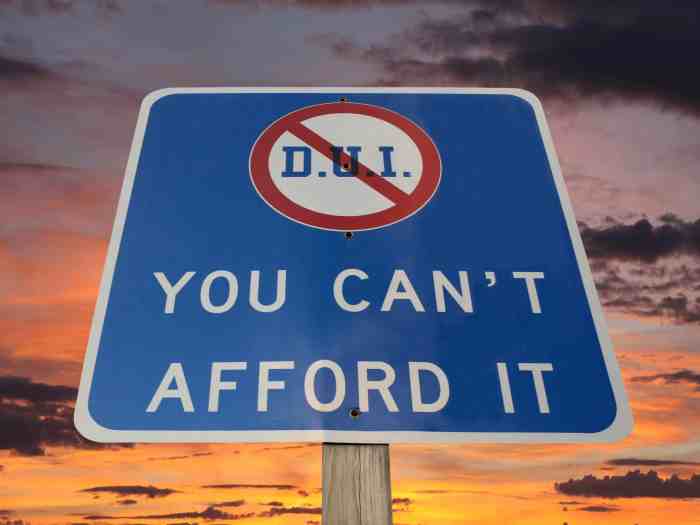
A DUI conviction can have a significant impact on a CPA’s job prospects. While some employers may not consider it a major issue, others may have stricter policies regarding DUI convictions. This can make it more difficult for CPAs with DUI convictions to find employment, especially in certain industries.
Potential Biases and Discrimination
CPAs with DUI convictions may face potential biases and discrimination in the job market. Some employers may view a DUI conviction as a sign of irresponsibility or poor judgment. This can lead to CPAs being passed over for promotions or job opportunities.
Additionally, some employers may have policies that prohibit hiring individuals with DUI convictions.
Industries with Stricter Policies
Certain industries, such as finance and healthcare, may have stricter policies regarding DUI convictions. This is because these industries often require employees to handle sensitive information or operate heavy machinery. As a result, employers in these industries may be less likely to hire CPAs with DUI convictions.
Rehabilitation and Mitigation
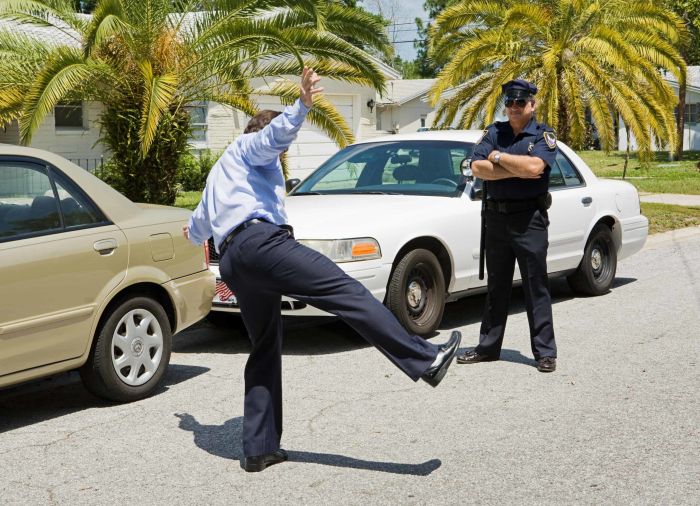
A DUI conviction can have significant repercussions on a CPA’s career, but there are steps that can be taken to mitigate its impact.
Firstly, it is crucial to demonstrate a commitment to responsible behavior. This includes completing rehabilitation programs and refraining from further alcohol-related offenses. Participation in support groups or therapy can provide a structured environment for addressing underlying issues and developing coping mechanisms.
Disclosing a DUI Conviction
Transparency is key when it comes to disclosing a DUI conviction to potential employers or clients. It is advisable to be upfront and honest about the incident, while emphasizing the steps taken to address the issue and mitigate its impact.
This could involve providing documentation of rehabilitation efforts or letters of support from professionals who have witnessed the individual’s commitment to change.By handling the disclosure process with professionalism and transparency, CPAs can demonstrate their accountability and commitment to ethical behavior, increasing the likelihood of maintaining their professional standing and reputation.
Legal Implications
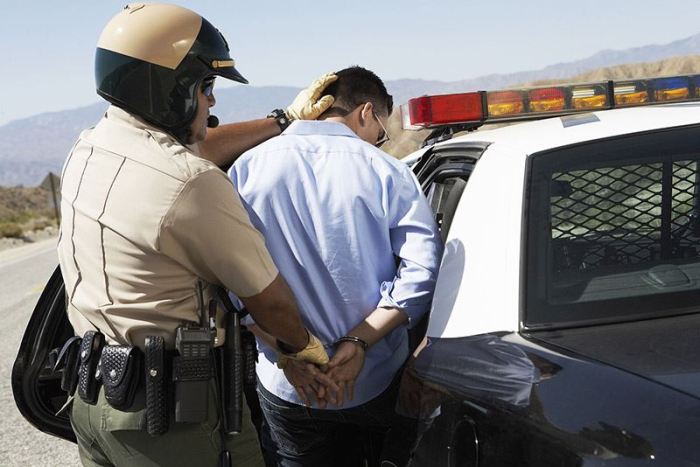
A DUI conviction can have significant legal implications for CPAs. It is crucial to understand the potential consequences and restrictions that may arise when holding a CPA license with a DUI conviction.
Potential Restrictions
- License Suspension or Revocation:In some jurisdictions, a DUI conviction can result in the suspension or revocation of a CPA license. The specific consequences vary depending on the state’s laws and the severity of the DUI offense.
- Ethical Violations:A DUI conviction may be considered a violation of the AICPA Code of Professional Conduct, which requires CPAs to maintain a high level of ethical conduct and avoid conduct that could discredit the profession.
- Employment Restrictions:Certain employers may have policies that prohibit hiring or retaining employees with DUI convictions. This can limit employment opportunities for CPAs with DUI convictions.
Importance of Legal Advice
It is essential for CPAs with DUI convictions to seek legal advice to fully understand the specific laws and regulations applicable to their situation. An attorney can provide guidance on the potential consequences of a DUI conviction, help navigate the disciplinary process, and advocate for the CPA’s rights.
General Inquiries
Can a CPA lose their license due to a DUI conviction?
In some states, a DUI conviction may result in disciplinary action against a CPA’s license, including suspension or revocation.
How can a CPA mitigate the impact of a DUI conviction on their career?
Completing rehabilitation programs, demonstrating responsible behavior, and disclosing the conviction to potential employers or clients in a professional manner can help mitigate the impact.
Are there any industries or companies that may have stricter policies regarding DUI convictions for CPAs?
Industries such as finance and accounting may have stricter policies and conduct thorough background checks, making it more challenging for CPAs with DUI convictions to secure employment.
